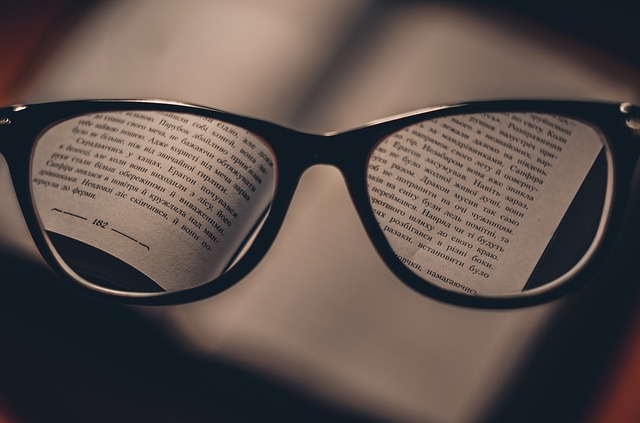 Failing eyesight is not an inevitable fact of aging. What you eat can contribute to or detract from the health of your eyes and the strength and clarity of your vision.
Failing eyesight is not an inevitable fact of aging. What you eat can contribute to or detract from the health of your eyes and the strength and clarity of your vision.According to Dr. Joseph Mercola, your vision is dependent largely on your lifestyle. Getting the right nutrients from food can go far in preserving vision into your golden years.
And if you haven’t spent years eating a nutrient dense diet, don’t worry. It’s never too late to start and prevent further deterioration of your eyes and vision. You may even be able to reverse some of the damage.
Let’s learn a bit about the eyes to illustrate this point. Your macula, the part of the retina that’s responsible for central vision is protected by a yellow pigment made of lutein, zeaxanthin, and meso-zeaxathin. These compounds protect your eyes, and macula in particular, by absorbing blue and ultraviolet light from the sun and other light sources. The macula is part of the retina, which is located in the back of the eye and contains light-sensitive cells that are needed for good vision.
What nutrients promote eye health?
Lutein, zeaxanthin, and meso-zeaxathin are all plant compounds with very strong antioxidant capacities. Since your body can’t make these compounds, they must come from food.
Dr. Michael Mosley discusses his own vision problems and his experiences with nutritional intervention in an episode of the BBC program “Trust Me, I’m a Doctor,” which aired on September 8, 2016.
The program discussed the importance of certain nutrients and foods for good vision. Lutein and zeaxanthin can be found in dark leafy greens like kale and spinach. Both can also be found in bell peppers, corn, and saffron.
Meso-zeaxathin is generally not found in plants but is present in some fish. However, this compounds is thought to be made from lutein in the body.
“These pigments, once we eat them, appear to be important in our vision and in helping keep the macula healthy.”
For this reason, taking lutein and zeaxanthin supplements can also make a difference.
Mosely underwent several tests to determine the health of his retina, which determines his night vision, ability to see color and protection against UV and blue light. The results were poor due to Mosely’s prior health history with diabetes. He was not able to detect color well and his night vision and perception of detail was poor compared to young people, but consistent with his age.
He then took a 90-day supply of lutein and zeaxanthin supplements and retested three months later.
The retest showed obvious improvement. He had better night vision, perception of color, and macular protection.
What to eat for good eye health?
There is no recommended daily dose of lutein and zeaxanthin, but studies suggest that the average American adult gets only 1 to 2 mg of lutein from their diet daily. Lutien is found in green, orange and yellow colored fruits and vegetables. Orange pepper, in particular, had the highest level of zeaxanthin, while dark, leafy greens have a higher percentage of lutein.
Egg yolks, healthy fats, and protein are also important for eye health. While they don’t have as much of these eye-boosting compounds as produce does, what they do have comes in a highly absorbable form.
Pastured, free-range eggs have a bright yellow yolk, which signifies more lutein and zeaxanthin. Adding eggs to your salad can increase absorption nine fold. And you will want to eat these foods as close to raw as possible. Heating eggs and greens damage the compounds and make them much less effective at protecting the eye.
Supplements for Eye Health
The leading cause of blindness and cataracts, among the elderly, is caused by macular issues. The nutrients we mentioned may prevent or slow down age-related macula degeneration, according to some studies.
Besides food, you can also do supplementation. Research shows that 10 mg of lutein, 10 mg of meso-zeaxanthin and 2 mg of zeaxanthin per day for one year helped improve vision in adults with normal vision for their age.
Mosely, who already ate a diet high in eye-friendly fruit and veggies concluded that adding supplements provides additional support.
But supplements alone won’t help. Eating a diet high in fruits and veggies like the one suggested by the 21 Day Body Makeover will not only improve eye health, it will detox the liver, which is also strongly connected to eye health.

